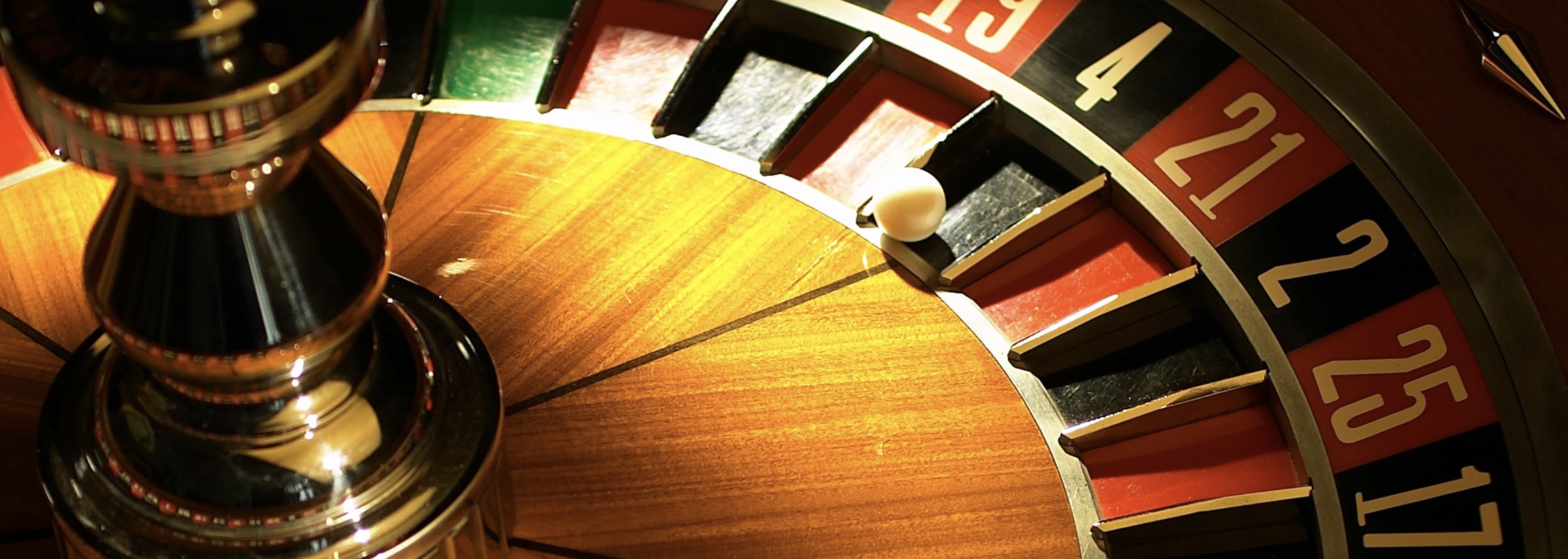
Is God Bothered About Me?
May 7, 2024
Seeing Into The Future
May 8, 2024We all have some kind of intuitive grasp of chance and probability. We know it is highly probable, when we get up in the morning, that gravity will still be working as we have come to expect and that we will not be pinned to the ceiling. That may sound silly, but we recognise that some things are so improbable that for every practical purpose we can discount them. I can’t prove to you that gravity could never ever go wrong, but I am pretty sure it won’t. Science fiction can play with many aspects of reality, such as teleporting people around, but in the real physical world we know there are constraints and limits.
We also know that chance operates within constraints rather than being totally free to do absolutely anything. For example, if you spin a roulette wheel and play a ball you will get an outcome within a known range of 0 to 36, but not 79,000,000.
We realise that someone made the roulette wheel and the balls and the rules of the game and thus set the limits within which it can operate.
We can head in a different direction and look at the secular story of life, which has claims about probability right at its core. It goes something like this:

The secular story of life
A very long time ago the universe began in a Big Bang. It just appeared, having made itself out of nothing. Over the following 13 billion years or so, matter associated itself together to form the chemicals necessary for life and somehow those chemicals came together to form the first cell. Quite impressively, physical matter spontaneously ordered itself into DNA with the exact information needed to make the cell function and reproduce, and, before long, life was on a long journey up to all the life forms that exist today, including us.
The secular story of life has no God. It has no intelligent designer, no-one with an eye on an intended outcome, just time + chance. It sounds incredibly improbable but we are typically encouraged to remember that the universe is very big and very old, so somehow it must have happened that way.
The universe certainly is unimaginably vast. Carl Sagan, the famous astronomer, estimated that there are more stars in the universe than there are grains of sand on all the beaches in the whole world. That gives us at least something to scale by. So, to state the obvious, the universe is claimed to be very big, very old, and it has a lot of stuff in it. Scientists estimate that the total number of atoms in the universe is the number 1 followed by 80 zeros (Stephen Meyer, The Return of the God Hypothesis).
Just for argument’s sake, let’s assume that the universe could just have made itself out of nothing. Our question is then whether it is old enough and with enough matter in it that random chance could have made all of life today?
Let’s play a game of cosmic roulette.
Can we get to a single-cell organism by random chance alone? That is an essential step. To test it, we can start by taking the total number of seconds available in the whole history of the universe. Let’s then make the very generous assumption that a new molecule arises every second from random interaction. So then, the total number of unique molecules that can possibly have existed is something like 1 followed by 110 zeros (John Baumgardner, In Six Days: Why 50 Scientists Choose to Believe in Creation). That provides the maximum material available for random chance to have arranged in different combinations. As we shall see, it is not nearly enough.
To make life you need proteins, and they must be very precisely configured with their constituent amino acids in the exact correct order. Professor of Chemistry, John Walton, estimates that the total number of combinations of the natural amino acids that make up a modest-length protein chain (250 units) is 1 followed by 325 zeros. This is immensely more potential combinations than the total number of molecules that could ever have existed, as we have just seen. Clearly this is a problem.
If we again just assume that somehow the right proteins just happened to form against these insurmountable odds, they would still have needed to be assembled together correctly to form even a single cell. Stephen Meyer in his book, Signature in the Cell, highlights the scientific work of Peter Tompa and George Rose. They calculated the number of possible combinations of proteins in a single cell of yeast – a very ‘basic’ life form.
It is 1 followed by 79 billion zeros. You need a library full of paperback books to write out a number that large! We should also bear in mind that nearly all of those random combinations would not result in a functional living yeast cell. It has to be the right combination, or you have a collection of dead parts! This should give us pause for thought.
The incredible odds against any form of cosmic roulette working to make life can be found again and again. Yet, against all odds (literally!) you will find scientists who insist that time + chance is enough to explain the origin of all of life. On the other hand, you will also find very many highly credible scientists who are not convinced that explanation holds water anymore. Is there a more credible answer to the origin of life than time + chance? The Bible says it:
‘In the beginning God created the heavens and the earth’ (Genesis 1:1).

Duncan Bayliss has been a University Lecturer in Geography for 30 years. Based in England, he loves travel and travel writing.
His book, The Possibility of Belief, The Way Back to Hope, sets out the case that Christian belief is reasonable, built on good evidence and is not a leap in the dark. 'The Possibility of Belief' is available on Amazon.
Recommended resources
BelievAble Talks seeks to offer a platform for honest dialogue on matters pertaining to spirituality, religion and science.
Beyond the burden of proof is a docuseries exploring faith, truth, cosmology, and more.
Beyond Imagination is a book that explores some of the wonders of the universe and of our planet, the wonders of our own existence and the big questions of life.
Read the free book.



